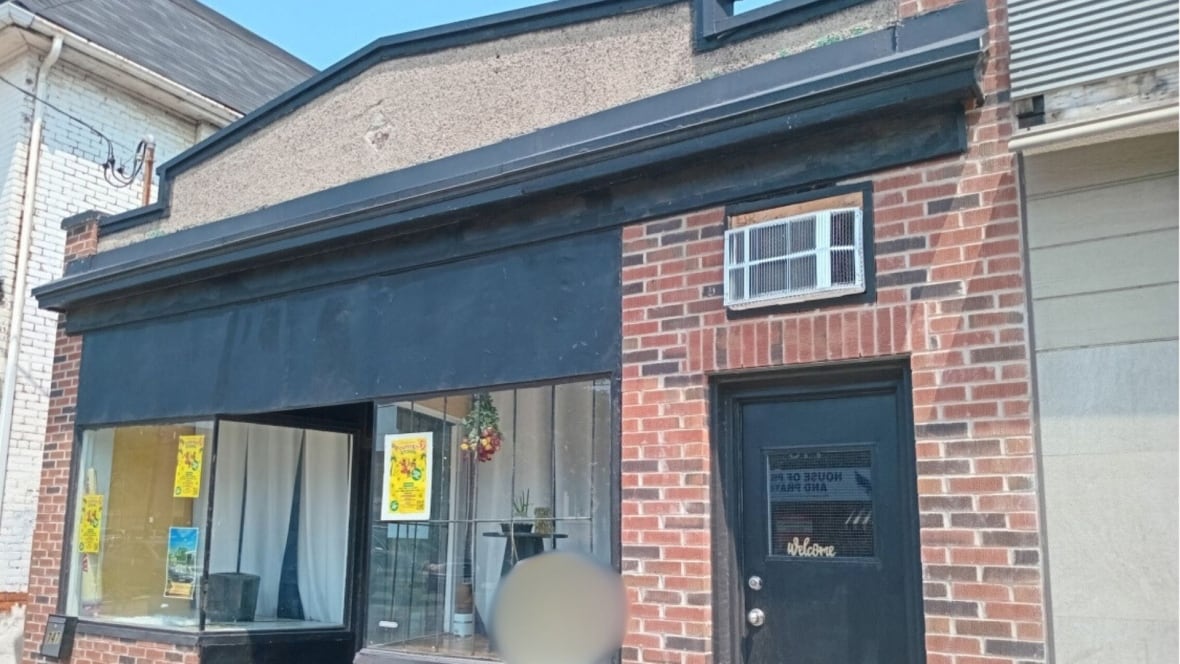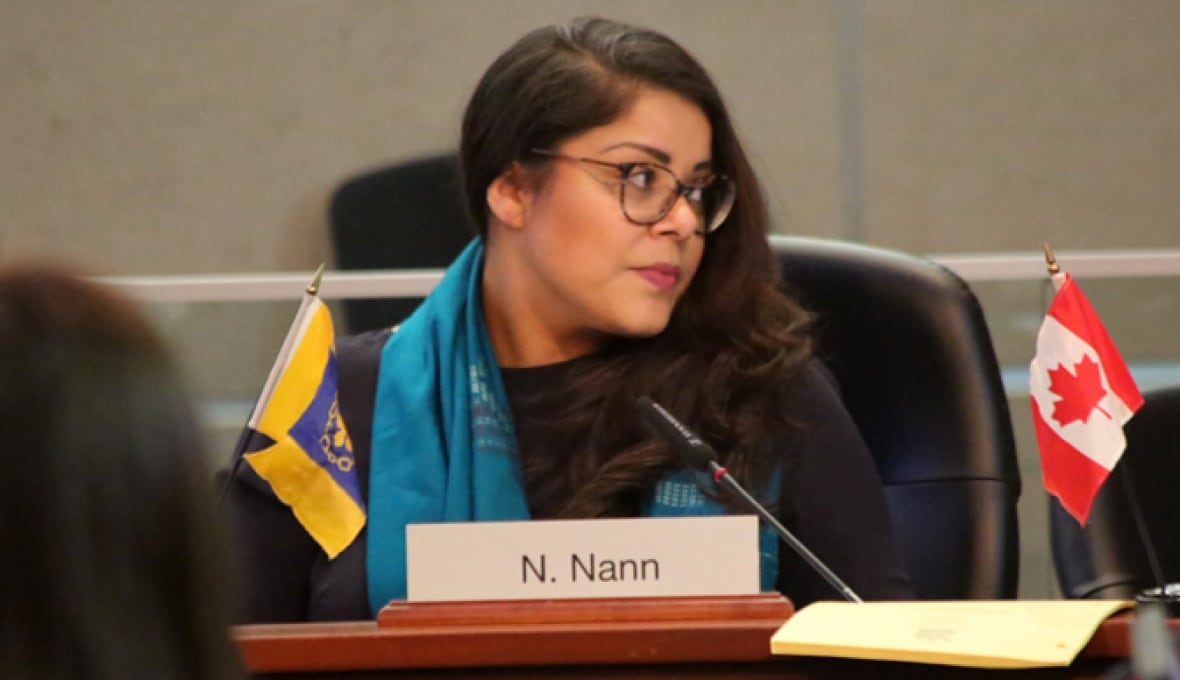Hate-related crimes and incidents up 35% in Hamilton, police data shows
Black, Jewish and 2SLGBTQIA+ residents most frequently targeted, say police
Hate-related incidents and crimes rose sharply in Hamilton last year and police say Black, Jewish and 2SLGBTQIA+ communities are the most frequently targeted.
Hamilton police reported 106 hate crimes — criminal offences where hate or bias is a clear motivating factor — and 191 hate incidents, which include actions with hateful overtones but that don't meet the legal threshold for a crime.
The number of reported hate crimes is highest in at least a decade.
"Hate crimes impact more than just individuals — they affect the sense of safety and belonging for entire communities," said Hamilton Police Chief Frank Bergen in a statement. "It's our shared responsibility to confront hate and support one another."
Hate crimes likely underreported, say police
The number of reported "hate/bias occurrences," which is the combination of crimes and incidents, rose 35 per cent from 2023, says a recent report from police.
Hate crimes were most often in the form of graffiti, but also included arson, assault, criminal harassment, theft and uttering threats, among others, police said. Just over a quarter have been marked resolved, either through sentencing, diversion programs or victims choosing not to proceed and charges being withdrawn.
According to police, the increase in hate crimes and incidents is partly because the public is reporting more as trust in police grows and officers are identifying more as training has improved. Global events may also be leading to local tensions and impacts.
But hate crimes are likely still underreported, police say.
"These numbers confirm what communities have been saying for years: hate is not an isolated incident — it is a daily reality in Hamilton," said Lyndon George, executive director of the Hamilton Anti-Racism Resource Centre (HARRC), in a statement.

"Behind every statistic is a person, a family, and a community forced to carry the burden of fear, harm and trauma."
HARRC says Hamilton's 2024 numbers are more than double the city's 10-year average and notes many people still don't report hate due to trauma, fear of retaliation or mistrust of institutions.
Public incidents spotlight personal impact
Several hate-motivated incidents in 2025 continue to capture public attention — highlighting how visible and targeted acts are affecting everyday Hamiltonians.
Earlier this month, Hamilton-based caterer Reena Rampersad discovered racist graffiti painted across her business and home — including numerals tied to white supremacist codes. Rampersad, who is Black and of Caribbean heritage, believes the vandalism was a targeted attempt to intimidate her.
"It was deeply personal," she told CBC Hamilton at the time. "They wanted me to feel unwelcome."

Dr. Brian Yim, a Hamilton dentist, also found racist graffiti at his practice, Sagewood Dental Care, on Main Street East. The symbols also referenced white nationalist ideology. Yim, who runs what he describes as a "multinational office," said the incident raised concerns for his staff's safety.
"All of these things start playing out in your mind," he said, "of the implications on my responsibility to protect my staff and my team."
Hamilton police confirmed both incidents were being investigated as hate-motivated crimes. Police recorded 42 hate-motivated graffiti cases in 2024, classifying them under the offence of "mischief under $5,000."
Councillor calls out hateful comments
Just this week — days after police released the 2024 hate crime statistics — a member of the public entered council chambers during Monday's public health meeting and made "racist, transphobic, and antisemitic comments," said Coun. Cameron Kroetsch (Ward 2).
The person was asked to leave and the incident was reported to the city's corporate security.
"The harm and impacts are disproportionate in situations like this and that can't be forgotten," Kroetsch wrote on social media, noting that many board members are from diverse groups.
He encouraged anyone impacted — either in person or watching online — to contact the city clerk or HARRC.
"We have to do more to protect those most impacted, call these things out when they happen, and address them directly in the moment and after," Kroetsch said.
White nationalist training groups identified in Hamilton
Meanwhile, a CBC investigation published July 18 revealed that members of white nationalist "active clubs," including Nationalist-13, have been training in local gyms and public parks.

Hamilton Coun. Nrinder Nann called the findings "a serious public safety concern," while George said the city must not wait for violence before acting.
In 2024, police launched a hate crime case review team composed of 14 community representatives from Black, Jewish, Muslim, Indigenous, South Asian, and 2SLGBTQIA+ communities.
Earlier this year, the group began reviewing 124 historical hate-related cases from 2018 to 2021 to identify gaps in how they were handled, the recent police report said.
The team's insights will help inform how police can "improve on how we respond and investigate hate/bias occurrences," the police service said.

